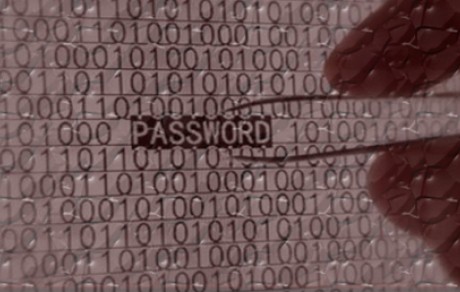Stay Safe Online

The internet is a huge part of our daily life, for students and staff. The web often makes our life easier and more efficient. But the digital footprint we leave behind can also put our personal information at risk if we aren't careful.
We are so busy. All of us. Often computer safety falls off our radar. Here are a few tips to stay safe online.
Eliminate Risky Behavior Online
Don't overshare your personal information in any forum. Limit use of specifics on social media. Try not to ever use your full address or birthdate. Never share social security numbers, or other personal account numbers.
Malware is the cause of many issues related to computer viruses. IT@EKU provides students free antivirus for their computers. Flash, which is required to view some web content, is also an easy malware target. Make sure to keep all your software and operating systems up to date.
Phishing scams are common on every college campus. Never submit any personal information online, especially for a potential job. If it seems too good to be true-then it probably is. If it seems like a really easy way to make money-it most likely is a phishing attempt.
Keep Yourself Safe
Avoid clicking on links online and in emails, unless it is a trusted source.
Consider anti-virus software.
- EKU students receive free antivirus for their computer
- EKU faculty and staff receive software on their university issued computers
- For personal computers, consider a free antivirus software like BitDefender
Be smart with passwords. Can I guess your password? Is it password, 123456, qwerty, your dog or kids name? If you use the same password, and it is easy to guess-a hacker can easily access all your services. Consider switching to passphrases or using a password manager.
Additional Information
OnGuard Online-The Federal Trade Commission's website
Staysafeonline-National Cyber Security Alliance's website